It’s never too early to establish good oral hygiene. Although newborns don’t have teeth, their parents can and should wipe down their gums after each feeding. Even before their teeth arrive, a baby’s mouth still produces bacteria. Breast milk and formula both have sugars in them that can feed the bacteria inside of a baby’s mouth if it’s not properly cleaned.
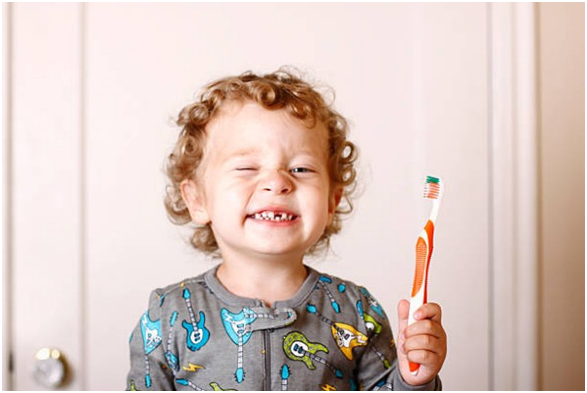
Once a baby begins cutting teeth, they may not be ready for a traditional toothbrush. This is where creative brushing using a finger brush or cleaning wipes can be helpful. A clean, damp washcloth can also do the trick. Whether you opt for a finger brush or a more traditional toothbrush, the best toothbrush for a baby should have:
1.A small head that fits comfortably in your baby’s mouth
2.Soft bristles@www.puretoothbrush.com
3.BPA-free material
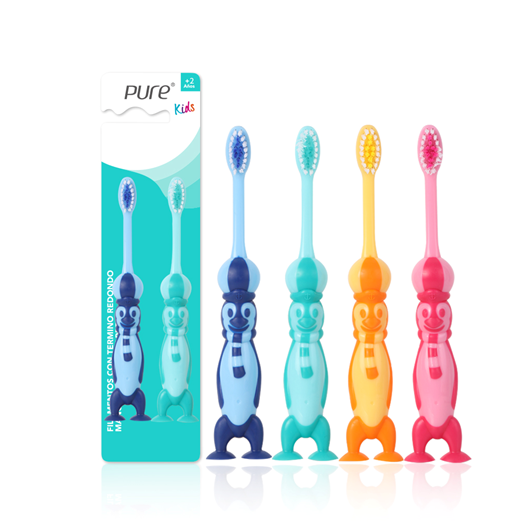
Silicone baby brushes are also a great option for young babies with no teeth, or who are about to get the first set of teeth. Silicone brushes have soft and thick bristles made of silicone, and usually the handles are made of silicone also. Silicone brushes tend to be more gentle and make great teething toys. However, as more teeth erupt into the mouth, silicone brushes are not as effective at removing plaque compared to traditional nylon-bristled toothbrushes. Keep this in mind as your baby cuts more teeth.
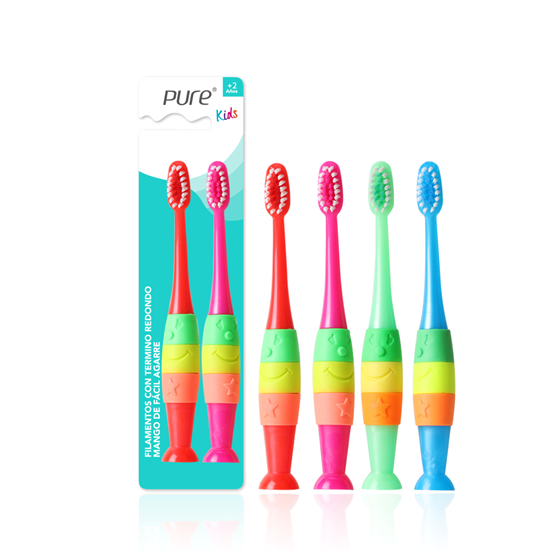
At this age, it’s important that parents are active participants in a toddler’s brushing routine. Even with the perfect toothbrush, young children cannot properly grip the brush or reach all their teeth. Parents should take the lead in demonstrating and overseeing the brushing process to ensure teeth and gums are cleaned properly each time.
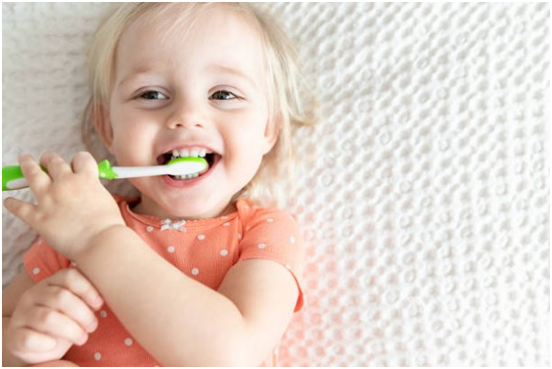
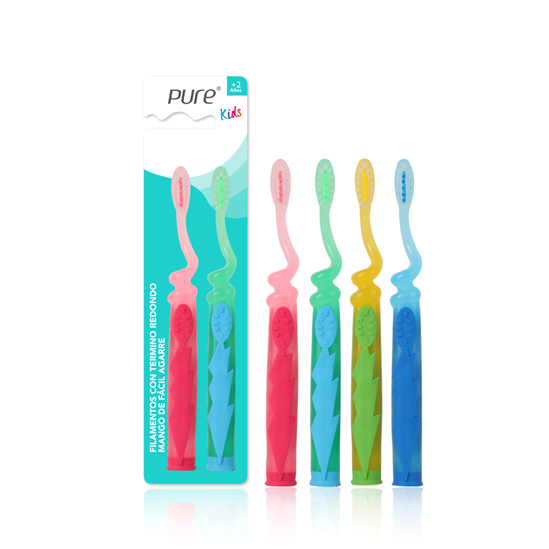
Children over the age of 3 may also benefit from an electric toothbrush. Electric toothbrushes can be helpful in many cases, especially when children struggle to reach all their teeth with a manual brush or show a reluctance to maintain a good oral hygiene routine. Although children at this age are becoming increasingly independent, parents should still actively supervise brushing to ensure they are brushing thoroughly.
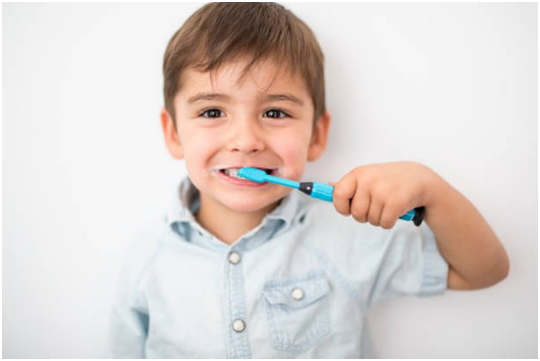
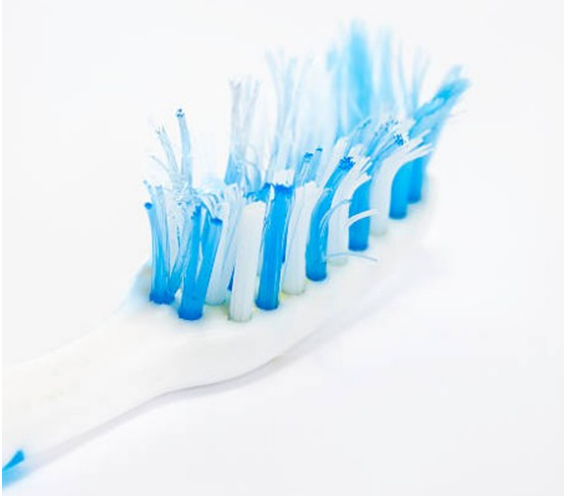
Too small: If your child has cut several new teeth or had a significant growth spurt, their current toothbrush may not be the right size for their mouth. If their brush no longer covers the surface of a molar, it’s time for an upgrade.
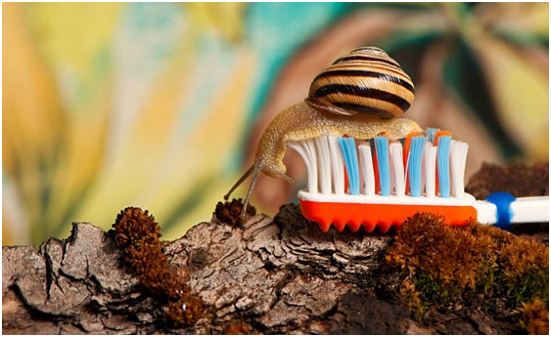
After illness: If your child has been sick, always replace their toothbrush once they recover. You don’t want those germs lingering for another round of illness.

Post time: Nov-17-2022
